Sea Shells- The Engineer of Ecosystem
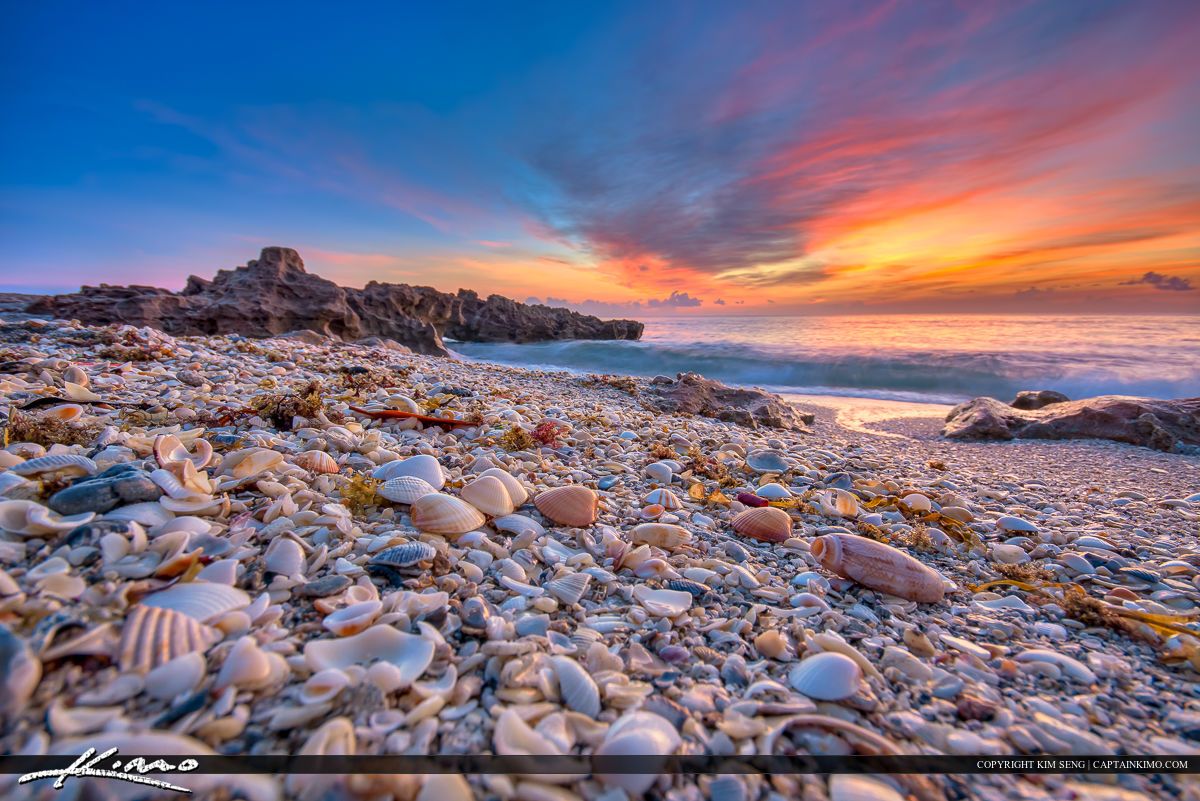
Most people can identify a seashell at sight, but not everybody knows what they are or where they came from.seashell is actually part of an animal’s body.Seashells come in a vast array of shapes, colors, and sizes.
Seashells are the exoskeletons of mollusks such as snails, clams, oysters and many others. Such shells have three distinct layers and are composed mostly of calcium carbonate with only a small quantity of protein. A seashell or sea shell, also known simply as a shell, is a hard, protective outer layer created by an animal that lives in the sea. The shell is part of the body of the animal. Empty seashells are often found washed up on beaches by beachcombers. The shells are empty because the animal has died and the soft parts have been eaten by another animal or have rotted out.
seashells which are offered for sale commercially have been collected alive (often in bulk) and then killed and cleaned, specifically for the commercial trade. This type of large-scale exploitation can sometimes have a strong negative impact on local ecosystems, and sometimes can significantly reduce the distribution of rare species. No one is sure how many shells are traded each year, though it’s thought that around 5000 species of mollusk are targeted. And that trade is very likely affecting wild populations; in some areas, species of mollusk have smaller shells than they did in the past, “a strong indication that not all is well and the larger specimens have been depleted.
seashells are an important part of coastal ecosystems: they provide materials for birds' nests, a home or attachment surface for algae, sea grass, sponges and a host of other microorganisms. Fish use them to hide from predators, and hermit crabs use them as temporary shelters. The removal of large shells and shell fragments also has the potential to alter the rate of shoreline erosion.Colonization of shelled habitat depends on individual shell traits and spatial arrangement of shells, which determine access of organisms to resources and the degree to which biotic or abiotic forces are modulated. Shell production will increase species richness at the landscape level if shells create resources that are not otherwise available and species are present that use these resources .they provided nutrients for the organisms living in the sand.
Endengerd Species-
Every day it seems like there is a new animal on the endangered animal list or, even worse, made extinct by the cruel actions of man. The researchers found that the abundance of seashells had decreased by 60% while tourism had increased in the area by 300%. Even though other factors might play a role in the shells' decline, it is hard not to think that human behaviour is to blame for the decline in seashells.
seashells also used in the world of fashion: there are many magnificent forms of seashell jewelry, interpreted in different ways across cultures worldwide. Shells can be sewn into clothing or used to adorn dainty jewelry boxes and other household goods.
So, next time you see a pretty shell, take a photo, and leave it for others to enjoy, too. please do not buy any sea shell made products or crafts. please save the sea shells and save the ecosystem.
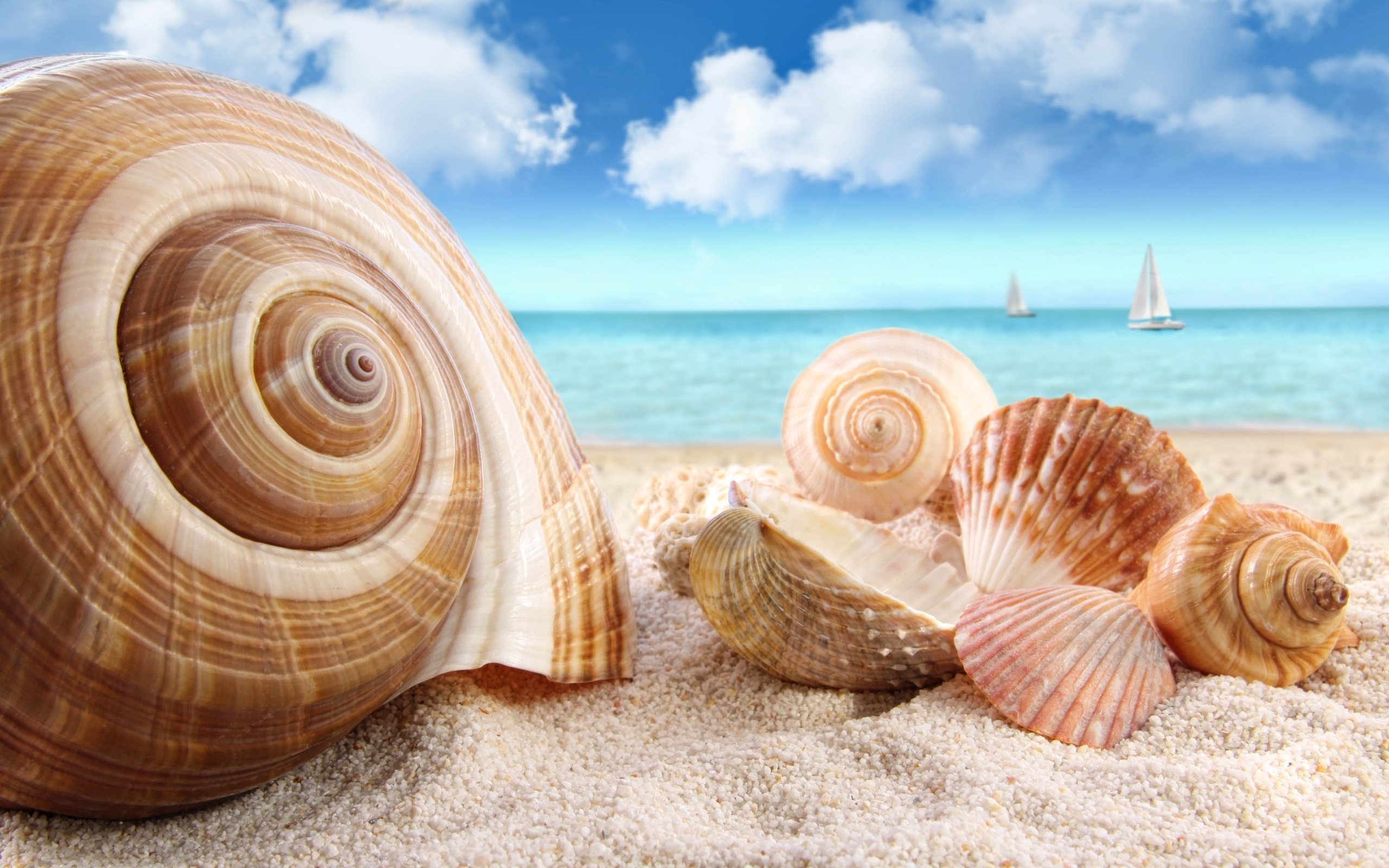
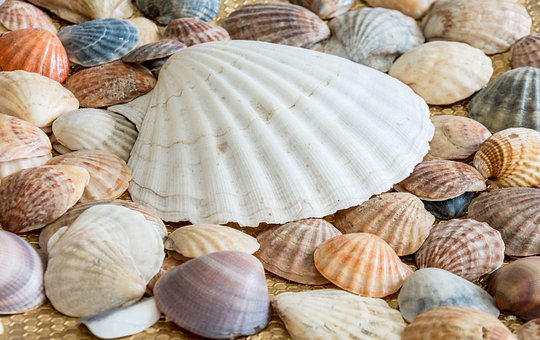

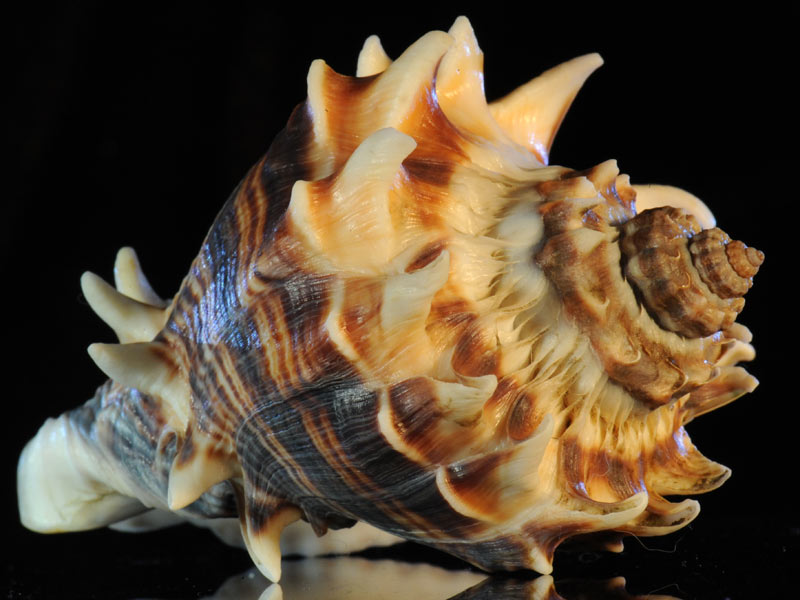
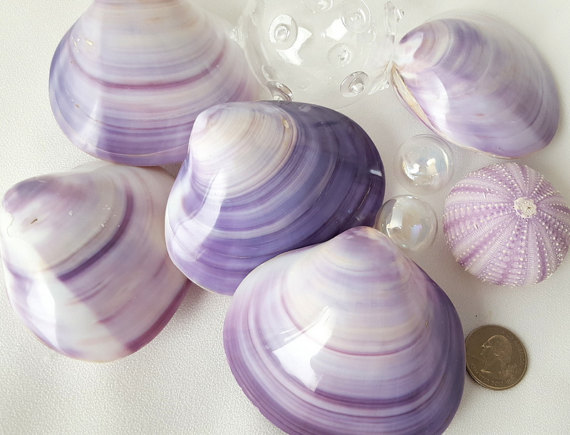
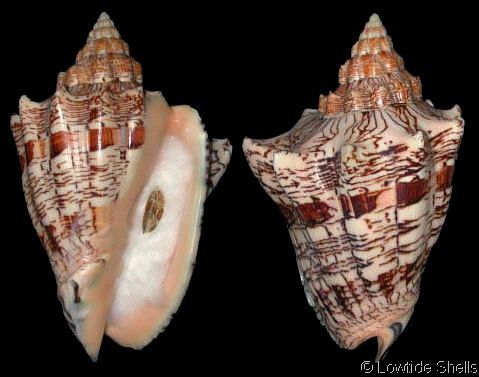

Nice pictures! Upvoted, following. If you like you might support me back, I am taking part in the open mic contest:
https://steemit.com/photography/@piyarshraval/one-again-shout-new-photos-with-frnds
thank you.
nice post.
thank you.